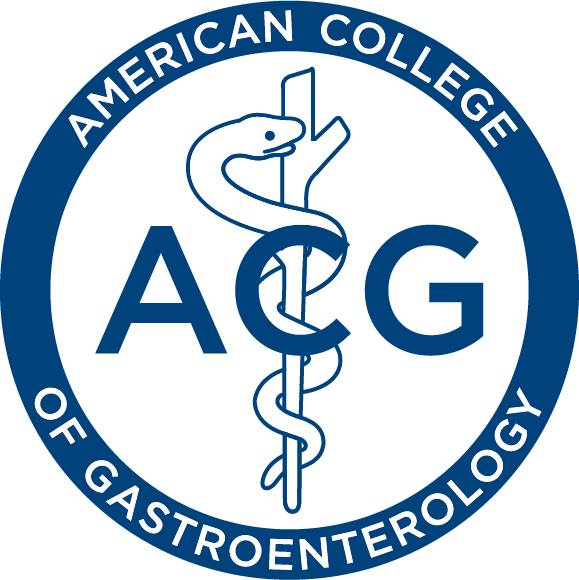Newswise — Bethesda, MD, March 11, 2011 – Potentially life-saving messages are highlighted in new additions to the American College of Gastroenterology’s Colorectal Cancer Awareness Audio Q&A Podcast Series that feature physician experts answering some of the most common questions about colorectal cancer, as well as in a new public service campaign that features Coach Gary Williams of the University of Maryland Terrapins. Williams teamed up to create this public service campaign on colorectal cancer awareness with the American College of Gastroenterology and the University of Maryland School of Medicine for March.
View the TV public service messages with Coach Gary Williams
Two of the podcasts feature experts joined by patients who provide their personal perspective on the risk factors related to colorectal cancer, including family history, Lynch Syndrome, and the special concerns of African Americans. The third podcast helps make sense of the various screening options with the latest expert insight to help patients gain a better understanding of the strengths and limitations of each test—so they can decide with their doctor which test is right for them.
Summary of ACG’s Colorectal Cancer Awareness Audio Q& A Podcast Series
Family History, Lynch Syndrome and Other Colorectal Cancer Risk Factors, featuring ACG Trustee Carol A. Burke, MD, FACG, Director, Center for Colon Polyps and Cancer, Cleveland Clinic Foundation, and her patient Anita. When Dr. Carol A. Burke’s patient Anita, who had just learned she had Lynch syndrome, came to her for a colonoscopy, the results were not good. Anita had colorectal cancer—even though a test three years before showed no signs of the disease. Dr. Burke and Anita, who survived her cancer battle, share their insight on CRC risk factors, like family history, and the life-saving importance of screening—whether or not you have symptoms. Listen to the full podcast
Colorectal Cancer and African Americans: Don’t be Afraid to Live, Fritz Francois, MD, MSc, FACG, Chair of ACG’s Committee on Minority Affairs & Cultural Diversity Chair, and Assistant Professor in the Department of Medicine and Assistant Dean for Academic Affairs and Diversity at the New York University School of Medicine is joined by his patient, Vincent. Dr. Francois explains the special concerns for African Americans when it comes to colorectal cancer—including higher incidence and mortality rates, use of screening tests, and why the American College of Gastroenterology recommends that African Americans begin screening at 45. His patient, Vincent, 65, shares his experience with colonoscopy and offers words of wisdom and inspiration to anyone who may be apprehensive about this potentially life-saving test.Listen to the full podcast
Colorectal Cancer Screening: Navigating the Options, featuring ACG Trustee Mark B. Pochapin, MD, FACG, Director of The Jay Monahan Center for Gastrointestinal Health; Chief of Gastrointestinal Endoscopy and Associate Attending Physician at the New York-Presbyterian Hospital /Weill Cornell Medical Center. Confused about conflicting media reports that contrast one CRC screening method to another? Not sure what screening test is right for you?
In this podcast, Dr. Pochapin offers insights on colorectal cancer prevention tests and colorectal cancer detection tests and describes ACG guidelines and recommendations to help patients make sense of their options.
Learn about stool blood tests like FOBT and FIT, and endoscopic examinations such as colonoscopy and flexible sigmoidoscopy. Alternate screening options are covered including radiographic tests such as CT colonography. Dr. Pochapin describes technologies such as the retrograde viewing device for colonoscopy. Dr. Pochapin’s accessible and engaging information helps listeners understand the strengths and limitations of the various colorectal screening tests. Listen to the full podcast
“The latest podcasts strengthen the College’s online colorectal cancer resource offerings and demonstrate our commitment to providing the latest, science-based information to physicians and their patients so that they are empowered to make the best choices when it comes to their health,” commented ACG President Delbert L. Chumley, M.D., FACG.
Visit the ACG’s Colorectal Cancer Resource Page
Physician Experts Available for Interviews
ACG experts can address:•Colorectal Cancer Risk Factors, including family history, Lynch Syndrome•Pros and Cons of various colorectal cancer screening methods•Recent scientific developments in colorectal cancer prevention•Screening recommendations for average to high-risk individuals, particularly African-Americans.
Colorectal Cancer Screening Recommendations from the American College of GastroenterologyThe ACG recommends men and women at average risk for colorectal cancer to begin screening at age 50. African-Americans should begin colorectal cancer screening at 45. The 2009 ACG evidence-based colorectal cancer screening guidelines divide the options into cancer prevention tests and cancer detection tests. Cancer prevention tests are preferred over detection tests.
About the American College of GastroenterologyFounded in 1932, the American College of Gastroenterology is an organization with an international membership of more than 12,000 individuals from 80 countries. The College is committed to serving the clinically oriented digestive disease specialist though its emphasis on scholarly practice, teaching and research. The mission of the College is to serve the evolving needs of physicians in the delivery of high quality, scientifically sound, humanistic, ethical, and cost-effective health care to gastroenterology patients. www.acg.gi.org Follow ACG on Twitter http://twitter.com/AmCollegeGastro
